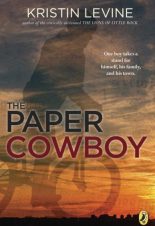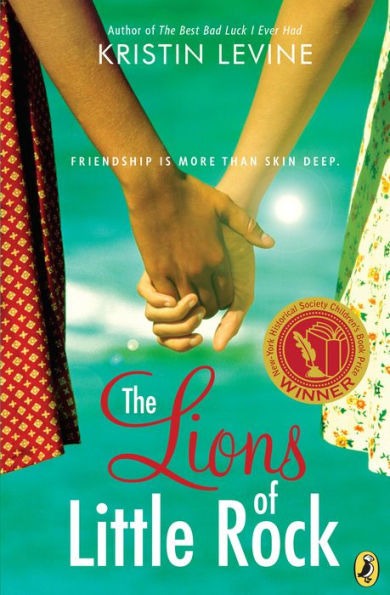
Buy This Book
“I guess I’ve learned it’s not enough to just think things. You have to say them too. Because all the words in the world won’t do much good if they’re just rattling around in your head,” Marlee. –The Lions of Little Rock
The Lions of Little Rock
by Kristin Levine
AR Test, Diverse Characters, Must Read
10+
Score
4.1
320
Twelve-year-old Marlee, who is shy and quiet, feels like her whole world is falling apart. And she’s sure that starting middle school is only going to make things worse until she meets Liz, the new girl. It may look as if they have nothing in common—Liz always knows the right thing to say, and Marlee can barely stand to speak up in class—but they become fast friends. Then, Liz is caught “passing” for white and leaves school without even a goodbye. Marlee decides she wants her friend back. But to stay friends, Marlee and Liz must be willing to take on segregation—and the dangers their friendship could bring to both families.
The Lions of Little Rock is historical fiction at its best. Not only is the story engaging, but it also sheds light on the struggle to desegregate schools in Little Rock Arkansas during the 1950s. The story focuses on Marlee and Liz, who refuse to give up their friendship just because they are of different races. Both girls help each other face their fears, and they encourage each other during difficult times. Through their interaction, Marlee comes to realize that, “A friend is someone who helps you change for the better. And whether you see them once a day or once a year, if it’s a true friend, it doesn’t matter.”
When someone finds out that Liz is passing as white, Marlee tries to understand her friend’s actions. Marlee’s family maid explains why passing as white is so dangerous. “If you’re really lucky, you lose your job or you’re kicked out of school. If you’re a little less lucky, you get beat up, but after a few weeks your injuries heal and you’re left alone. If you’re not lucky, a lynch mob comes and firebombs your house killing you and everyone you love.” Through Marlee and Liz as well as historical examples, the reader will come to understand racism.
Marlee changes from a timid girl who barely talks into a confident person who is willing to fight for what is right. Much of Marlee’s inspiration comes from the Little Rock Nine because they “believed they had a responsibility to make things better. Believed they could make things better, even though they were still just kids.” Marlee isn’t content to just watch the adults try to make a difference. Instead, despite her mother’s objections, Marlee joins the Woman’s Emergency Committee to Open Our Schools. As part of the organization, she helps fold pamphlets, talks to voters, and performs other small jobs that make a huge impact. In the end, Marlee learns the importance of standing up for herself and others.
The Lions of Little Rock won the New York Historical Society Children’s Book Prize. The entertaining story teaches important life lessons about friendship, facing fears, and finding your voice. The story is historically accurate; the author’s note at the end of the book explains which parts of the story were fictional and which events were factual. The book also includes three pages of discussion questions. Everyone should read The Lions of Little Rock because it will help readers understand racial tensions in the late 1950s as well as show the importance of making a difference in your world.
Sexual Content
- Marlee has a crush on JT. When Marlee drops her pencils and begins gathering them, “JT handed me one of the pencils and our fingers touched and I could almost hear the wedding bells. . . By lunchtime I’d planned our honeymoon in Italy and was trying to decide if we should name our first son Orbit or Cosine. . .”
Violence
- Marlee’s father invited a “colored minister” to speak at church. “The next day there was a note tucked in with our paper. It said, ‘You let your youngest walk to school tomorrow, she won’t make it.’ And it was signed, KKK.”
- On Halloween, JT and his brother egg a house. JT’s brother tries to force Marlee to throw an egg at the house. Later a “colored boy” is arrested for the crime.
- Marlee’s father tells her about Emmett Till. “He was a young Negro boy who went down to visit some relatives in Mississippi. One day someone saw him talking, some say flirting, with a white woman. . .He was murdered. . . He was only fourteen years old.”
- The story implies that JT’s mother, Mrs. Dalton, is abused by her husband. Marlee “remembered her because she had a scar over her left eyebrow. . . JT had said once she’d got the scar when she tripped on the stairs.”
- The story implies that JT’s father hits him. JT shows up at school with a black eye.
- Someone tells Marlee about John Carter, “a colored man.” He was “taken by a mob of people. No one did anything. . . They hung him and shot him and dragged his body down the street and then burned him.”
- Marlee was at the “colored pastor’s” house when she saw JT’s brother drive by several times. Everyone goes outside and then, “we suddenly heard a car pull up in front of the house. . . There was a crash and the sound of breaking glass. A screech of wheels, driving off. And then, an explosion.” No one is injured.
- When the schools are integrated, protestors show up. In order to break up the protestors, “the firemen turned the hoses on. In an instant, the segregationists were soaked.” Several people are arrested, but no one is injured.
Drugs and Alcohol
- Marlee compares people to drinks. When she meets Liz, she wonders if Liz is “like a shot of whiskey given to you by your older cousin.”
- At a football game, Marlee sits by JT and one of his friends. The friend, “smelled funny, like a warm beer.”
- Marlee and her sister used to go to a pond to have picnic lunches. “At night, sometimes teenagers would park there on dates or sneak off to drink beer.”
- Marlee sees JT’s brother and his friend at the zoo. On the bench they are sitting at are “some beers.”
Language
- Marlee thinks that someone is a jerk. Later, she tells her friend that, “JT is a jerk.”
- Nigger(s) is used 4 times. Someone discovers that Liz was passing as white. JT’s brother tells Marlee, “We’ll find your little friend and show her whole family what we think of niggers who try to pass.”
- Someone calls Marlee an idiot.
- Several people call Marlee a “square” because she likes math.
- Someone calls Marlee a coward.
- Darn is used several times.
- “Oh Lord” is used as an exclamation once.
- After someone throws an explosive into a house, the person’s father asks, “What the hell were you thinking?”
Supernatural
- None
Spiritual Content
- Marlee has a hard time talking to her family’s maid, Betty Jean. Marlee “just stood there, helpless, praying Betty Jean would understand.”
- At church, Marlee hears the Bible verse, “But even if you do suffer for righteousness’ sake, you will be blessed.” Often, when Marlee has to make a decision, she reminds herself of this verse.
- Marlee goes to meet Liz at the colored movie theatre. When a woman questions Liz, Marlee “prayed for the lights to go down and the newsreel to start.”
- When a “colored boy” is arrested for throwing eggs at a house, Marlee’s father bails the boy out of jail. When the boy’s mother sees him, she says, “Oh, thank God.”
- Marlee’s church makes a float for the Christmas parade. The theme was from Matthew 19:14. “Let the children come to me, and do not hinder them, for to such belongs the kingdom of heaven.”
- Marlee’s family goes on a plane. Her mother and sister are nervous. Marlee “thanked God that neither one of them had actually thrown up.”
- Marlee’s mom is a substitute at Marlee’s school. Marlee “prayed no one would see us together.”
- JT and his brother see Marlee in the woods. Marlee tries to distract them so they do not see Liz. She “started walking, praying they would follow me.”
“I guess I’ve learned it’s not enough to just think things. You have to say them too. Because all the words in the world won’t do much good if they’re just rattling around in your head,” Marlee. –The Lions of Little Rock
Latest Reviews
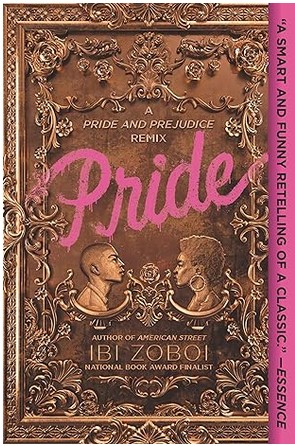
Pride: A Pride & Prejudice Remix
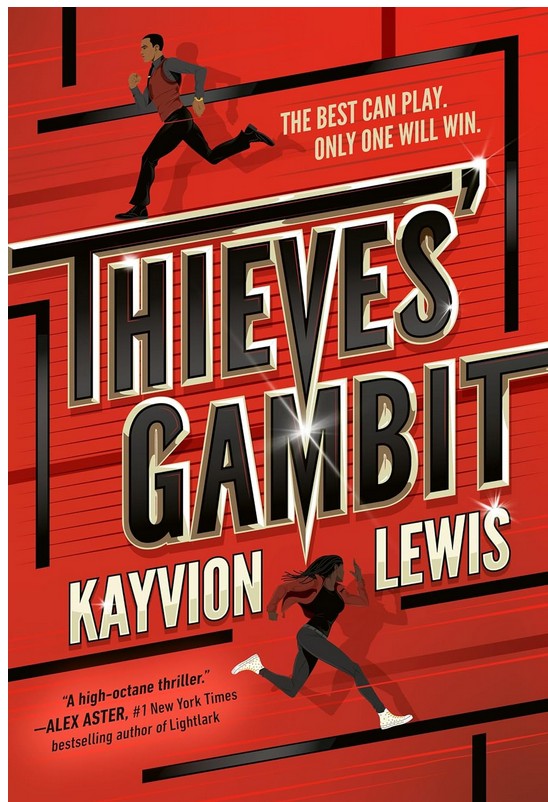
Thieves’ Gambit #1
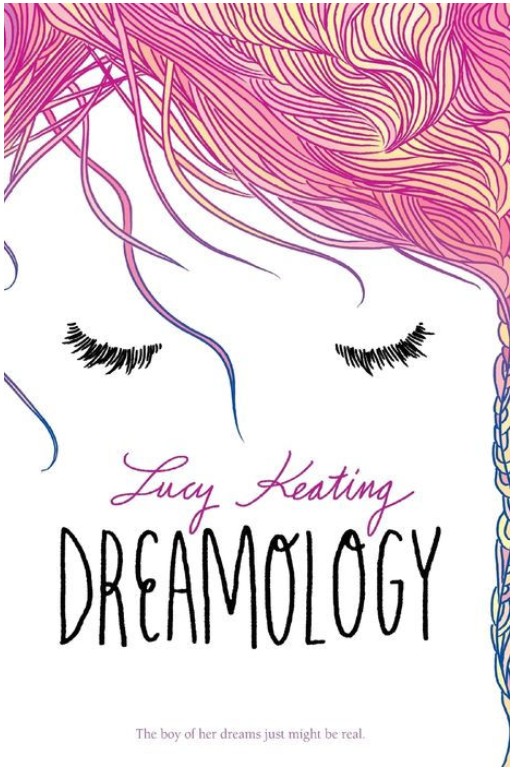
Dreamology
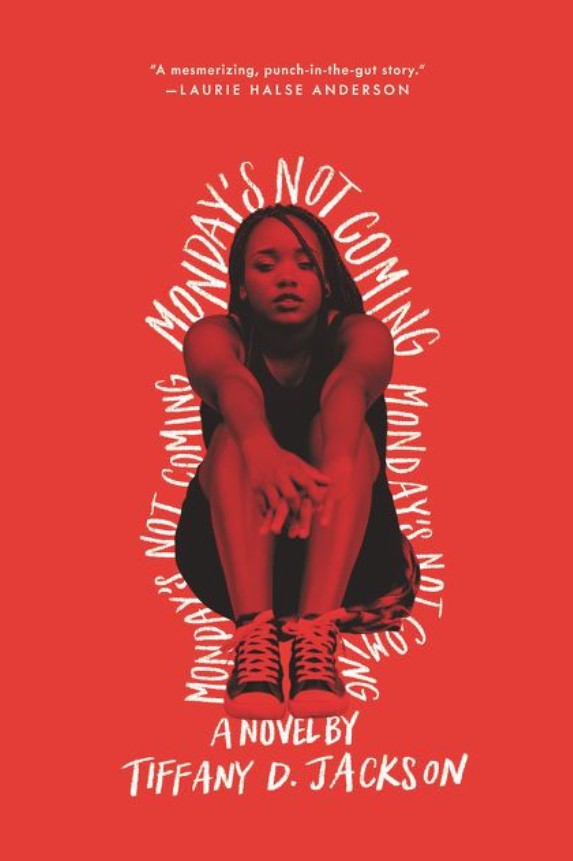
Monday’s Not Coming
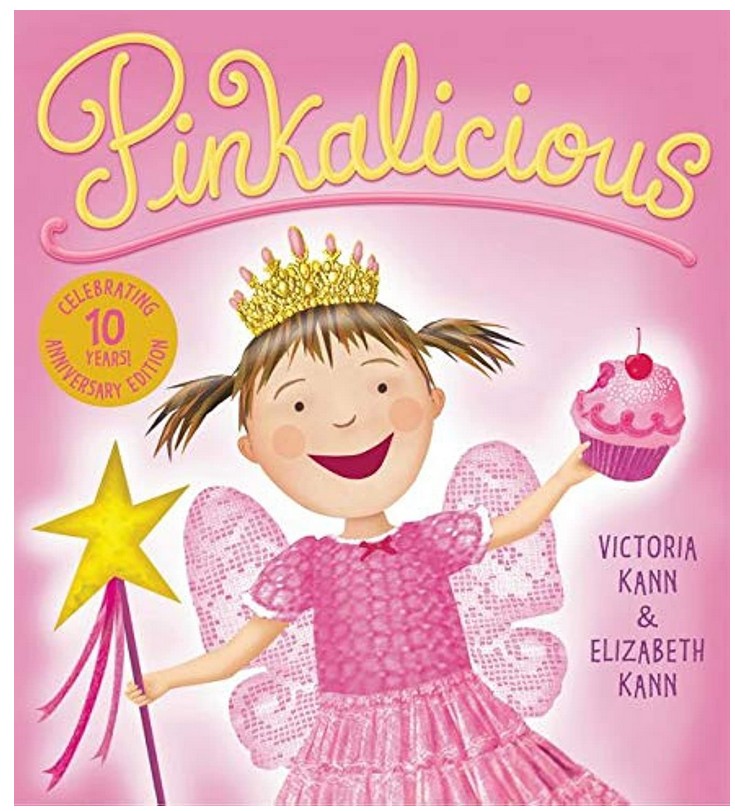
Pinkalicious

Driven

Goodbye Days

Blood of Troy

Will’s Race for Home

